A Yale University alumnus and veteran of the school’s famed a capella groups has brought his talents to Jerusalem, where he launched an Arab-Jewish youth chorus.
JERUSALEM | The Harlem Shake craze has hit Jerusalem and the Arab and Jewish teens in Micah Hendler’s Jerusalem Youth Chorus want to make their own video. It’s not Mr. Hendler’s preferred music, but the students’ exuberance leaves him little choice.
“All right, if we’re going to make this video we’re going to have to get moving,” he says.
There are plenty of expats living in Jerusalem but Hendler is the only one who started an Arab-Jewish youth chorus five months after graduating college.
Hendler is a former counselor at the Seeds of Peace coexistence camp in Maine, proud alumnus of two a capella groups at Yale – the Duke’s Men and Whiffenpoofs – and a firm believer in the power of music to create communities and empower youth.
Supported by grants from Yale and the Jerusalem Foundation, Hendler moved to Jerusalem after graduating in 2012 to put his ideas into practice – he wrote his senior thesis on the successes and failures of other music-for-peace programs in Israel.
He selected 14 Arab and 14 Jewish students from 80 applicants; together they performed to a packed house at the Jerusalem YMCA Christmas concert two months after their first practice.
He’s trying to avoid two pitfalls of other programs he studied: enabling students to remain negative toward the group as a whole, even as they make friends with representatives of “the other,” or focusing so much on broad dialogue that the students don’t form any close friendships.
Hendler’s three-hour weekly practice includes time for bonding – the Harlem Shake video was preceded by collective giggles – and a 45-minute dialogue run by trained facilitators. The dialogue is strategically placed in the middle of the rehearsal so students don’t come late and miss it, as they did in other programs he studied.
Rudinah, an Arab girl from East Jerusalem, says she didn’t know there would be a dialogue portion before she joined the chorus, but that it’s one of her favorite parts. “The Jewish people here are so cool and friendly,” she says.
Likewise Shifa Woodbridge, a Jew who had never met an Arab before joining the chorus, is equally exuberant.
“It’s my favorite part,” she exclaimed when asked about the dialogue. “I love talking about it. It’s not weird,” she says.
Hendler recognizes that some doubt whether programs like his can make a difference or are simply invigorating those already in support of peace, but points to the first free time the students were given at their second rehearsal when Arabs and Jews spontaneously mingled without prompting as evidence that the program is useful.
“People were hanging out across every possible line, of their own free will. There aren’t that many places in the city, or country, or world really where that happens.”
Read Chelsea B. Sheasley’s article at The Christian Science Monitor ››


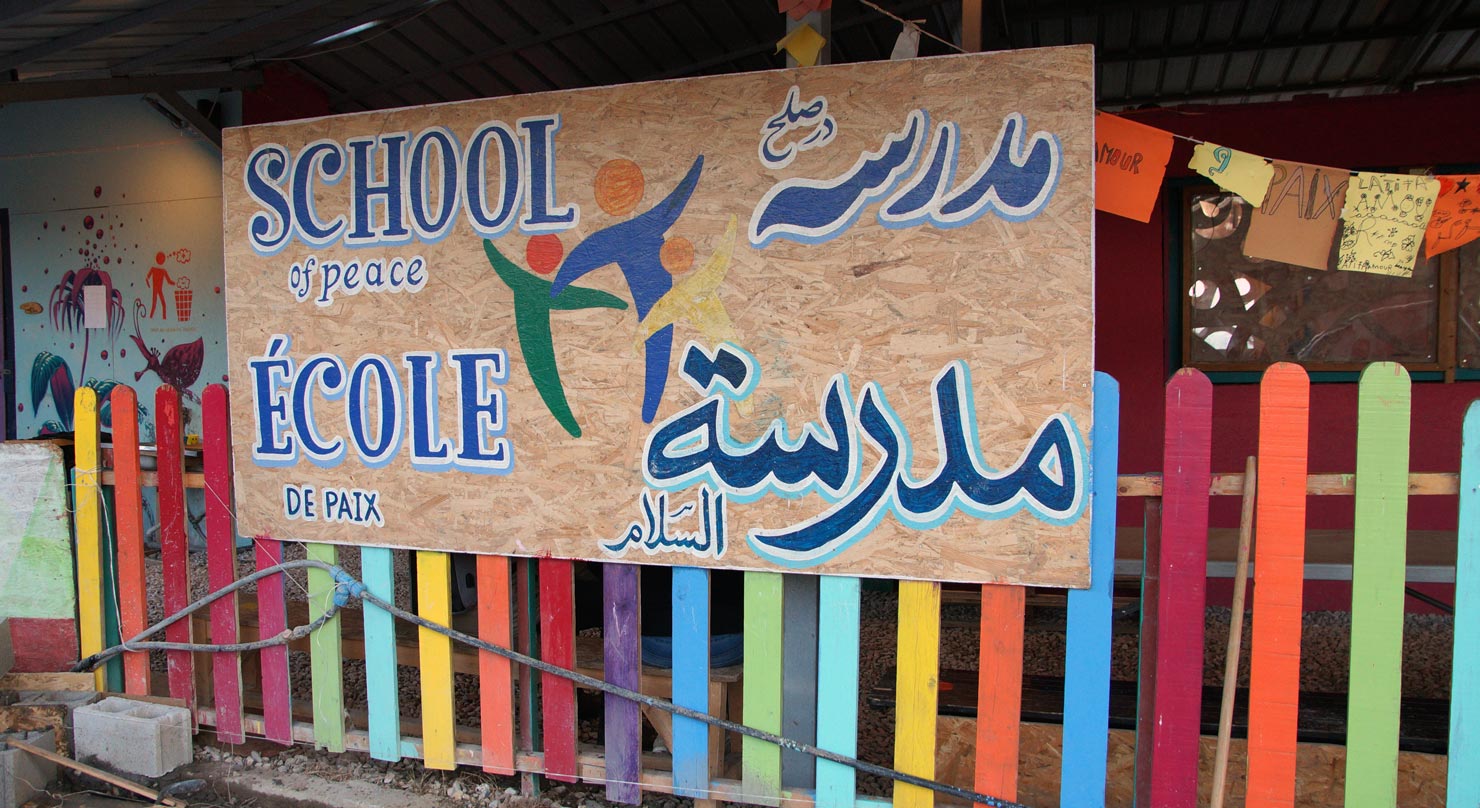
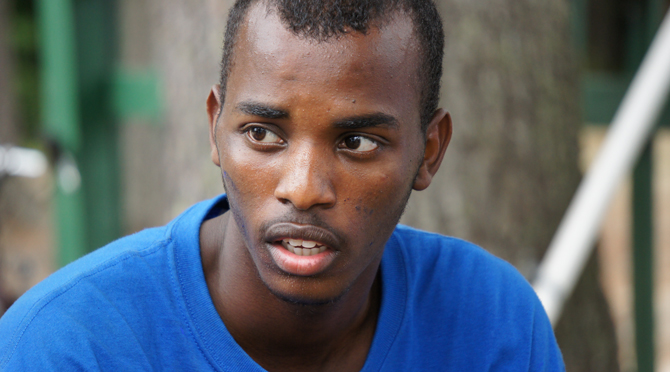

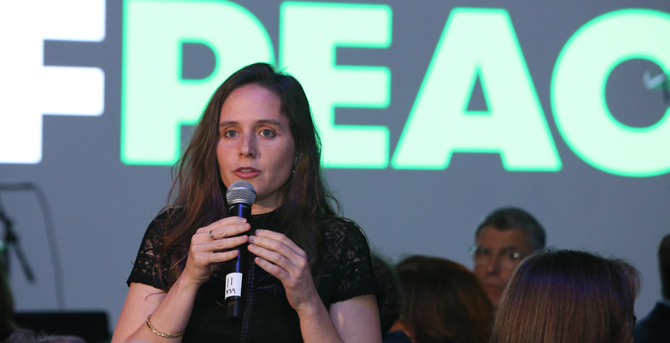
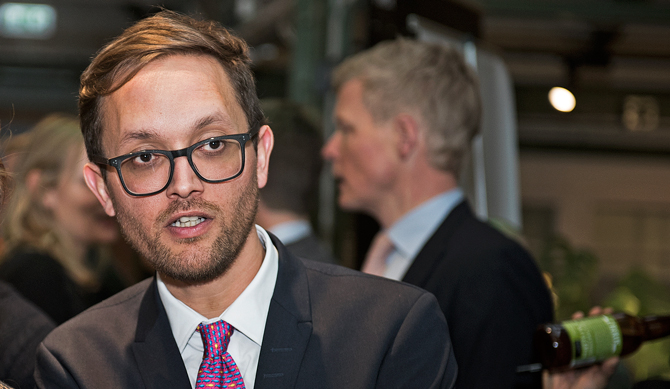
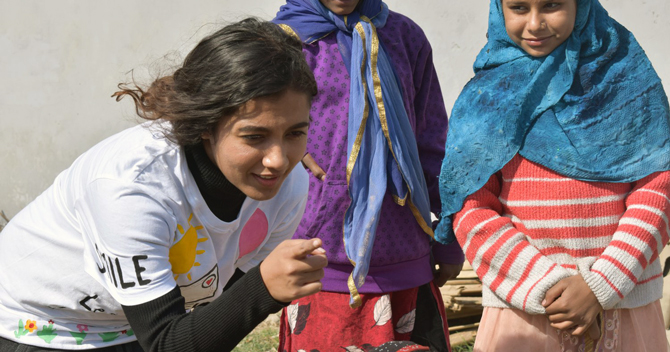
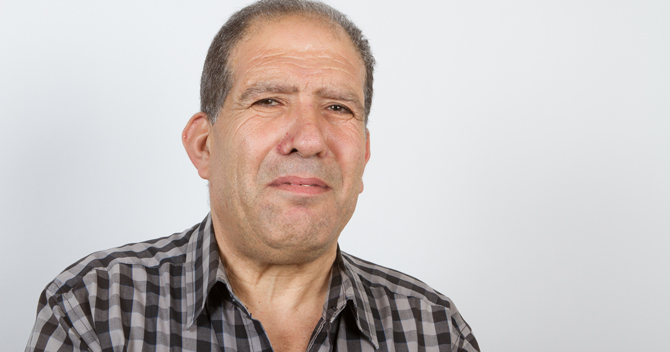

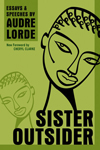
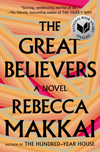
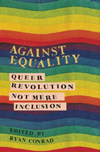

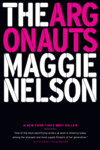
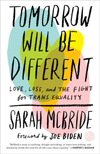
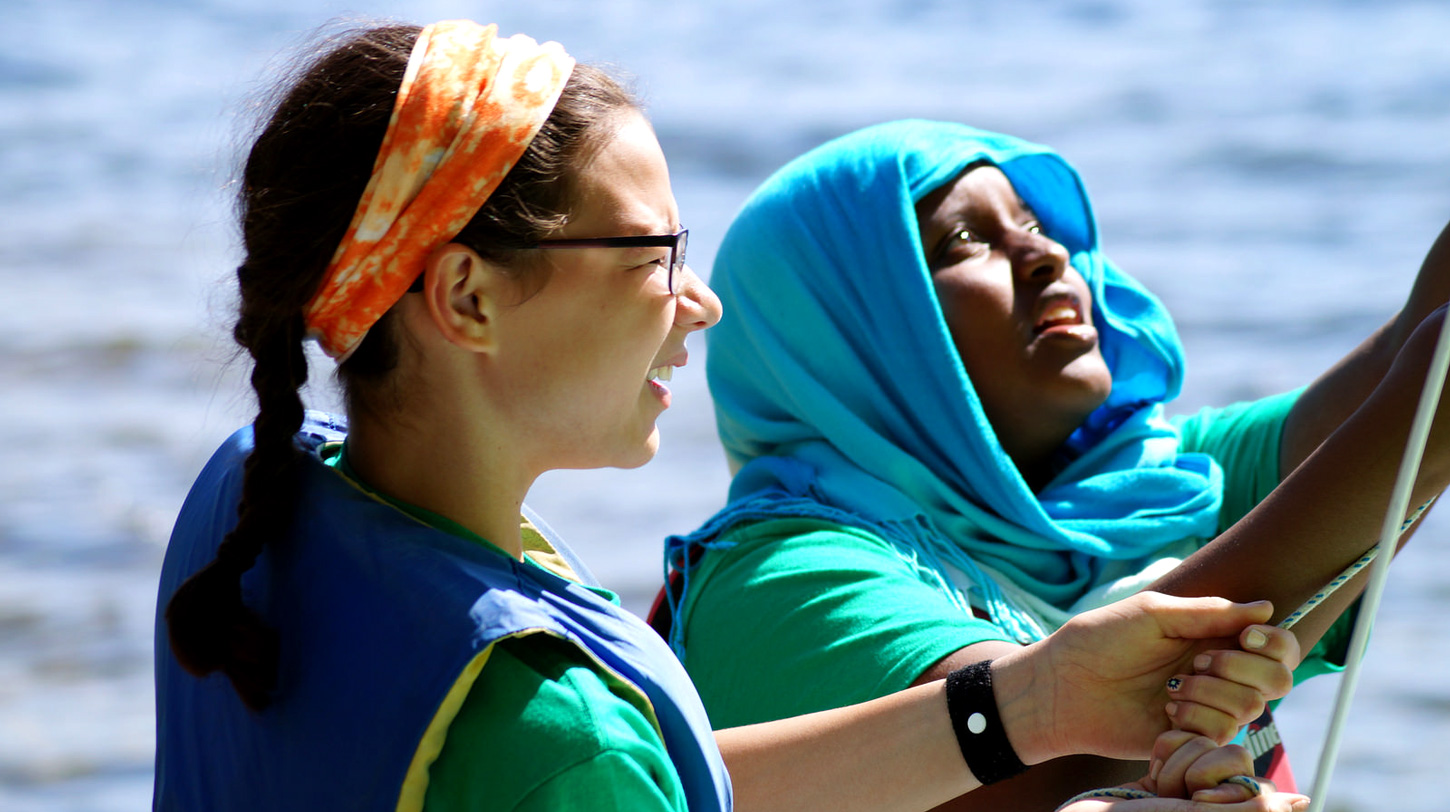
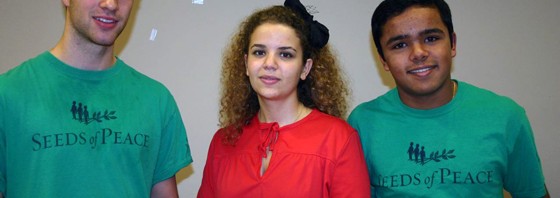
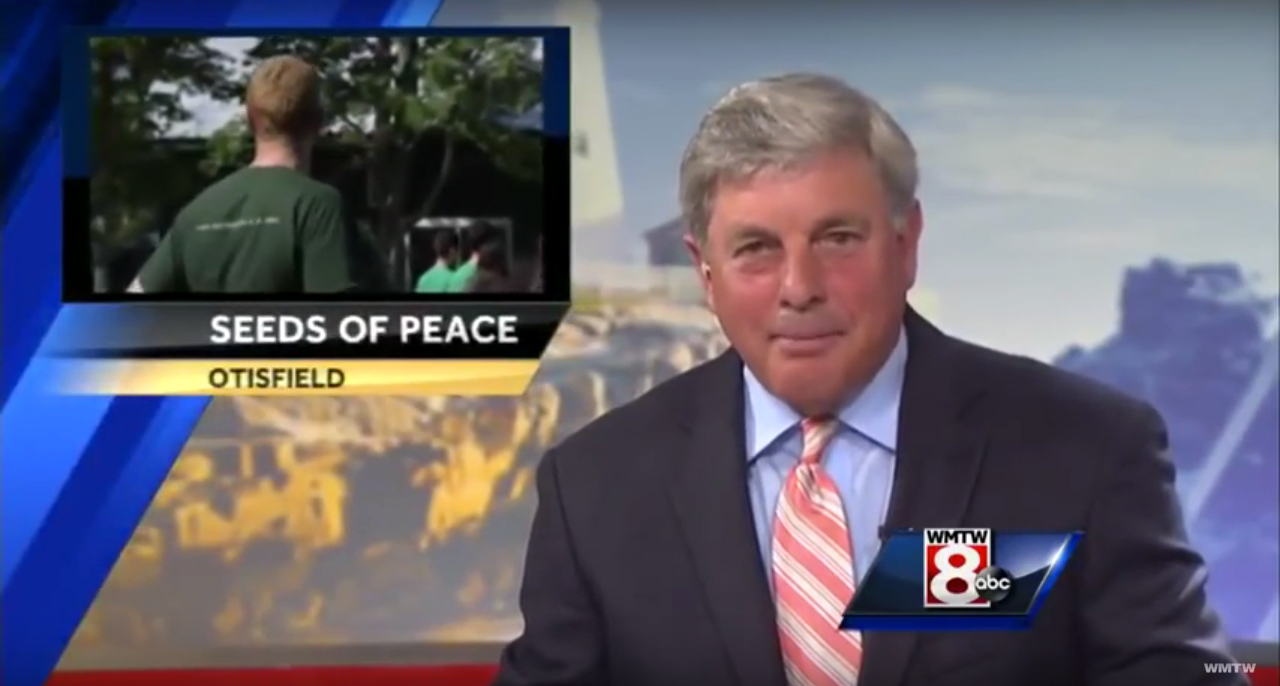
 I can’t claim credit for such sage foresight—chalk it up to advice from my dad. In high school, I had no idea what I wanted my career path to look like. I found it unfair and constricting that we had to choose so early. My social conscience was strong but vague; I knew I wanted to do “good,” but didn’t know how. Volunteering had always been a big part of my life, and with that, I’d come to see that good intentions aren’t enough to make real impact. My dad is an entrepreneur. His advice: “get a good head for business on your shoulders so you can enter the non-profit sector and actually be competent and effective.” As a suburban high school hippie who, at the time, saw all corporations as part of the evil empire, this made sense to me.
I can’t claim credit for such sage foresight—chalk it up to advice from my dad. In high school, I had no idea what I wanted my career path to look like. I found it unfair and constricting that we had to choose so early. My social conscience was strong but vague; I knew I wanted to do “good,” but didn’t know how. Volunteering had always been a big part of my life, and with that, I’d come to see that good intentions aren’t enough to make real impact. My dad is an entrepreneur. His advice: “get a good head for business on your shoulders so you can enter the non-profit sector and actually be competent and effective.” As a suburban high school hippie who, at the time, saw all corporations as part of the evil empire, this made sense to me.